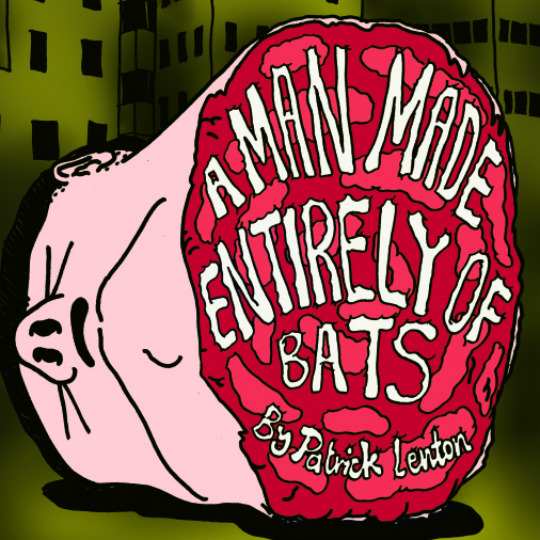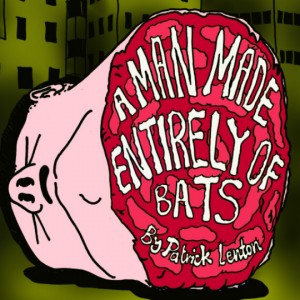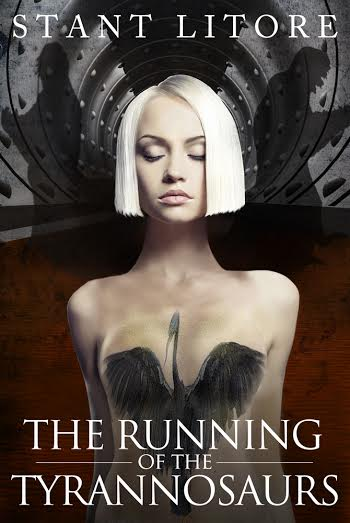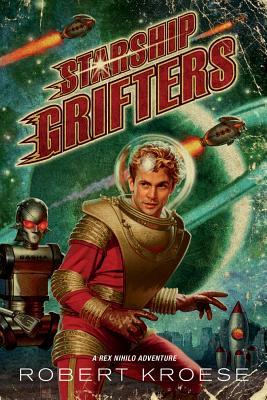A Man Made Entirely Of Bats by Patrick Lenton
– Reviewed by Elanor Clarke –
With cover copy promising us ‘shit that the author finds funny and strange’ and praise suggesting Patrick Lenton’s work is laugh-out-loud funny, one would hope for at least a chuckle when reading this aptly named collection, A Man Made Entirely Of Bats, which focuses on the human and the super-human. Sadly, this was not the case for me.
While Lenton obviously has an excellent imagination, which has produced work full of ideas, his execution in many places quite simply doesn’t work. Each story promises something incredible, wrapped in a blanket of comedy, then falls rather flat.
This flatness comes, at least in part, from Lenton’s prose style. Though writing as a variety of characters, the author’s voice is pervasive, throwing in plenty of ‘fucks’ along the way, which while it works for some of his inventions, is quite jarring in other places. The collection aims to be conversational, with the majority of the stories being written in the first person, or directly from a key character’s point of view using omniscient narration. Though the tone, at times, does lull you into a sense of having a chat with someone who has an incredible story to tell you, the reverie is quickly broken by an intrusive expletive (‘shit, son.’)
The most positive aspect of this collection, I found, was that the imagery is strong. The bizarre concoctions Lenton’s mind has invented easily get the imagination going, and despite the volume only having a few illustrations, distinct images were left with me after reading each piece. God as a giant lazy Siamese cat is one, at least that will stay with me for a long time.
The collection opens with a tale about becoming a cat during the full moon, for which I had high hopes (being a fan of both cats and lycanthropy) but this was, perhaps, the weakest of the bunch. We then move through a whole world of oddments, with superhero ‘powers’ such as infertility, hairlessness, and an oversized heart playing their part. Two pieces, however, did stand out as having something above and beyond the others.
Firstly: ‘Uncle Jeremy has turned into a Tree’, which explores the sense of loss felt by a partner, the feeling that they want to be away from their useless, prying family who never particularly cared for the deceased or the bereaved, the need for a change, as things can’t go on the way they were. Lenton treats this with a light comedic touch, whilst expressing these emotions in a simple, believable way, and giving an accurate portrayal of the common backstabbing and gossip that goes on when someone chooses a different path.
Secondly: ‘Too Heavy for Superman’ is a short piece of flash, the final story in the collection. Also focussing on loss, it brings the reader’s experience to a close on a more sombre note. The comedy in this is less over-the-top, and the insight into the feelings of helplessness which go along with ageing shows there is more depth to this author than some of his other work might suggest. Even Superman doesn’t have the power to stop his parents’ ageing – even he can’t defeat death.
In all, Lenton is worth watching. His ideas alone show a strong creative spark that, with nurture, could develop into something great.






